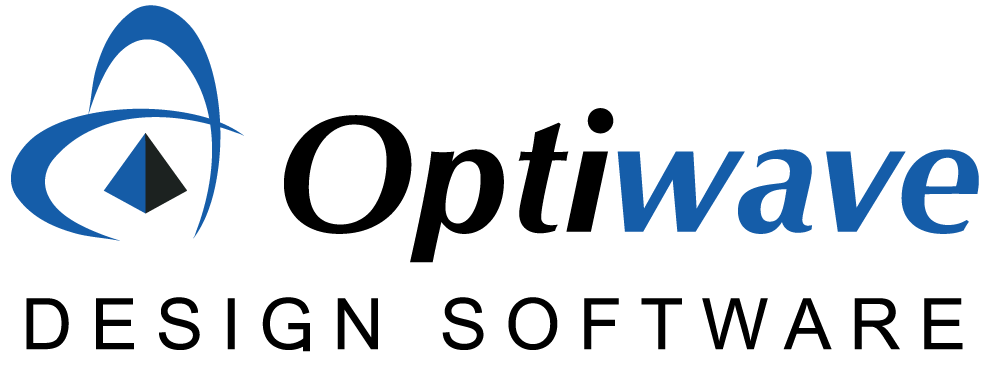🔬 Exciting News in the IEEE Access!
We’re thrilled to unveil our latest paper, “Performance of Cipher Image Transmission in Free Space Optics Under Foggy Weather,” available in IEEE Access!
📄 Paper Details:
📝 Title: Performance of Cipher Image Transmission in Free Space Optics Under Foggy Weather
📅 Published: December, 2023 (online)
👩🔬 Authors: Somia A. Abd El-Mottaleb, Amira G. Mohamed, Abdellah Chehri, Mehtab Singh, Ahmad Atieh, Hassan Yousif Ahmed, Medien Zeghid
👩🔬 Abstract:
This paper proposes a new cipher image transmission system in free space optics system (FSO). A secure and effective image cryptosystem algorithm based on the Choquet fuzzy integral (CFI) technique and the integer wavelet transform is utilized. Numerical simulations are conducted to examine the efficacy of encrypted images against different attacks. The pixel correlation coefficient is found to be quite small for horizontally, vertically, and diagonally in the ranges 2.0557×10−4 to 0.00057, 9.0256×10−4 to 0.0045, and 0.00035 to 0.00342, respectively. Additionally, the information entropy of the encrypted image is found to be within the range of 7.9991:7.9972, which is very close to the ideal value of 8. As for the unified average changing intensity (UACI) and the number of pixel change rate (NPCR) metrics, they are in the ranges 33.46 to 33.42 and 99.58 to 99.63, respectively, which are also very close to the optimum values. Median and high pass filters are employed for further enhancing the received decrypted image. Different fog conditions are considered during the transmission of the encrypted image over FSO channel. The signal to noise ratio (SNR), FSO propagation range, and structured similarity index method (SSIM) are metrics used for performance evaluation. The results indicate that images transmitted with ciphering exhibit better performance than plain images. The maximum FSO spans over which the image can propagate in the channel while maintaining good quality are 1790 m, 1198 m, and 947 m under light fog (LF), medium fog (MF), and heavy fog (HF), respectively. In contrast, these ranges extend to 1798 m (LF), 1206 m (MF), and 953 m (HF) with good visual quality when ciphered images are transmitted. Furthermore, the employed enhancement technique demonstrates improvements in SNR and SSIM values for the received images. For instance, when the original image is transmitted in an FSO channel affected by MF, the SNR is -21 dB. This value significantly improves to 12.6 dB when median and high pass filters are applied for enhancement. In addition, the SSIM value goes from 0.18 for the original image to 0.29 when enhancement techniques like median and high pass filters are used at a 1206 m FSO range in MF weather. Consequently, the proposed encrypted image transfer improves image quality. This advancement can be attributed to the CFI encryption algorithm’s rigorous security mechanisms, which assure data safety as it travels through the atmosphere.
Explore the full paper here. https://ieeexplore.ieee.org/document/10336797
Thank you for your support! 🚀✨
#Optics #Photonics #FreeSpaceOptics #ResearchPaper #Choquetfuzzyintegral(CFI) #Imageencryption #SNR #Structuredsimilarityindexmethod(SSIM)🌐

